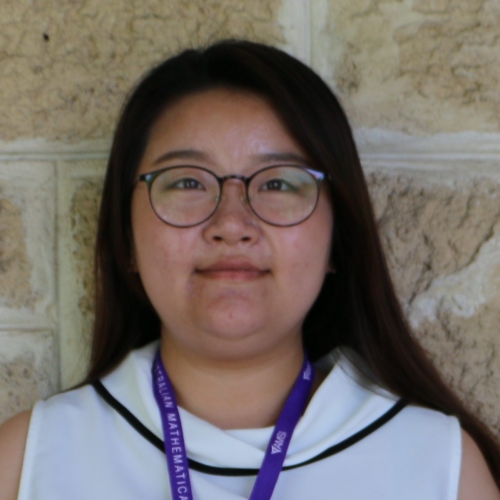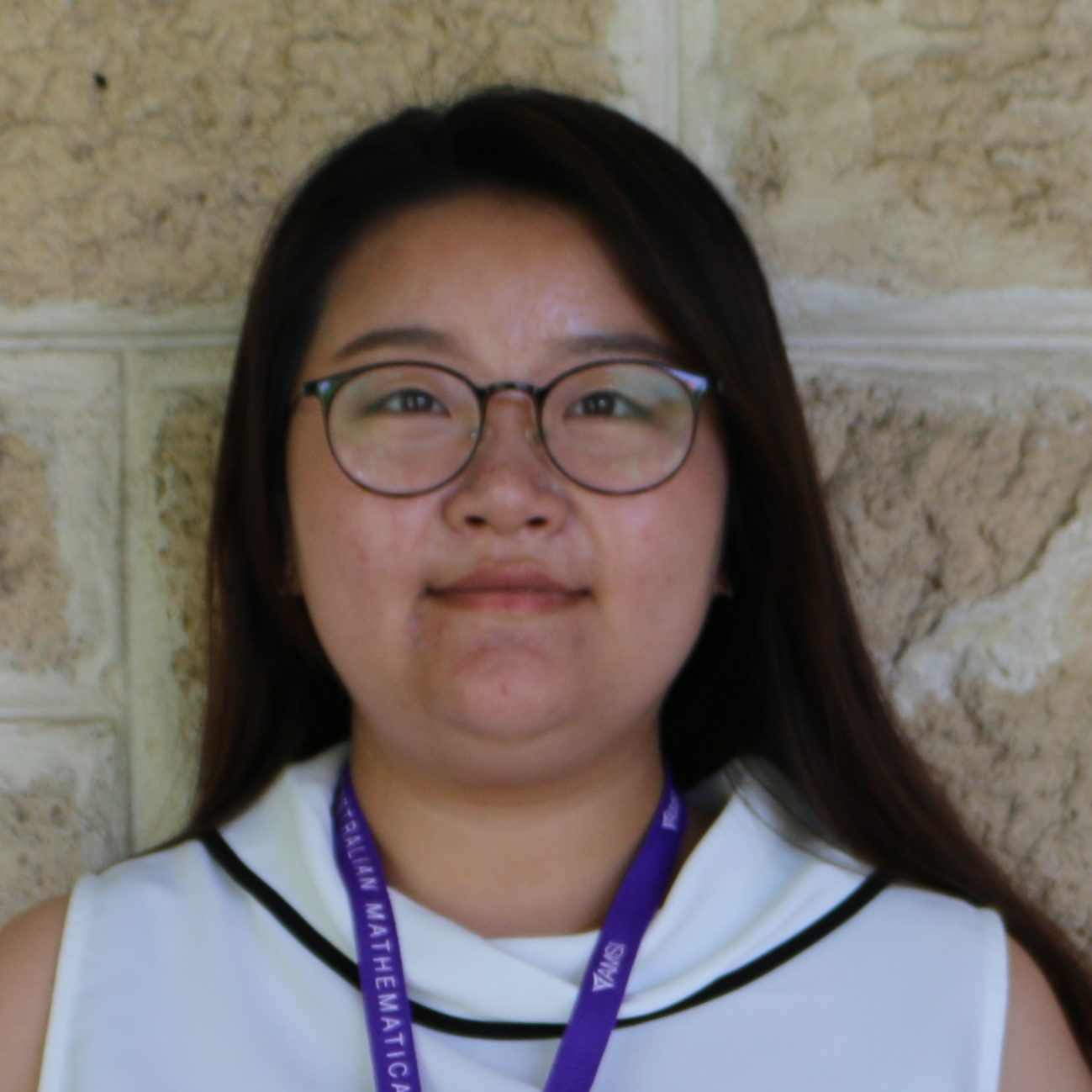
Vivian Zheng
The University of Queensland
I am a first-year PhD student studying the heterogeneity and variabilities between the single cells. Before pursuing a PhD, I studied a Master of Bioinformatics at the University of Queensland from 2017. It was my first encounter with computational work and where I got more involved in statistical analysis project. I received a summer school scholarship to research the ‘Characterization of peptides encoded by short open frames’ with Associate Professor Joel Rothnagel at UQ. Although it was only a six-week experience, I had the chance to attend professional training and gain a comprehensive of understanding of what a bioinformatician can pursue. Inspired by this fantastic experience, I then decided to engage in a long-term research project. I carried out my one-year research at the Translational Research Institute in Queensland where I worked on clinical data and investigated how chronic kidney disease patients benefit from taking synbiotics (a co-administration of probiotics and prebiotics). All these experiences built a solid foundation in bioinformatics application which lead me into my current position, exploring single cancer cells heterogeneity and robustness.
Can you give me a quick overview of the type of mathematics you are studying and its potential impacts for the broader community?
My study focuses on computational and statistical analysis by single cell or RNA-seq sequencing data in order to interpret the variability and heterogeneity among different or same type of cells, especially the cells involved in chemotherapy resistance. The long term aim is to try to explain why individuals have different responses to the same chemotherapy and how patients can receive precision treatment.
You attended AMSI BioInfoSummer, what drew you to this event? What was the most valuable part of AMSI BioInfoSummer for you in terms of furthering your career in mathematical sciences?
I started my PhD study two months ago and AMSI BioInfoSummer was a great opportunity to obtain an overview of bioinformatics and inspiration for the future. Among the fascinating talks and workshops, for me, I think the most valuable part was hearing real examples of researchers using mathematical sciences technologies to help people’s life. It strengthened my passion for turning my research outcome into realistic applications.
You received a CHOOSEMATHS Grant to assist your attendance at AMSI BioInfoSummer. How important was this in terms of your ability to attend and fully participate in the sessions throughout the week? How did you hear about the grant?
It was vital for me to receive a CHOOSEMATHS grant as I have just finished my Masters but not am not yet officially enrolled in PhD program as I would not have been able to afford to attend without the financial support. My supervisor mentioned theBioInfoSummer event and encouraged me to apply for a CHOOSEMATHS so I could attend.
How important are initiatives such as the CHOOSEMATHS Grants in terms of fostering the participation and achievement of women in mathematics, particularly in terms of access to networking opportunities and further training opportunities?
Initiatives like the CHOOSEMATHS Grants, provide a platform for women to receive professional training and confidence in maths related study. It links women together to share experiences and support each other through the obstacles they may face.
The CHOOSEMATHS Grants are part of a broader program being delivered by AMSI Schools with support from the BHP Foundation to turn the tide on Australia’s maths deficit and strengthen maths education and participation of women across the discipline. What do you see as the big challenges facing maths in Australia, particularly for women?
Personally, the biggest challenge I think that Australian woman face is the lack of opportunities to receive professional training and education as well as networking opportunities. These research resources are essential to every student, especially those just starting in maths.
Did you always want to pursue a career in maths? Were you encouraged to study these subjects at school?
When I was in high school, maths was highly valued by the school so we had a large amount of studying load focusing on maths study. I got good grades in all relevant subjects and was admired by peers as majority of my classmates thought maths were too difficult. My maths teacher, Mrs. Miao, encouraged me through my high school year and provided support all the time.
Where do you see yourself in five or ten years time?
In five or ten years’ time, I will have graduated from school and started my post-doc life somewhere. Hopefully, I will still be working in my current field, developing new tools or packages in single-cell sequencing variability research. I’d also like to encourage young people to be more involved in mathematical sciences.
If a peer asked you if they should attend AMSI BioInfoSummer, how would you describe the conference to them?
I’d definitely recommend they attend the event! It’s an amazing conference for everyone studying maths no matter what degree they are in. Everyone will learn something in this event and make great friends!
Any other feedback/comments you would like to provide on the CHOOSEMATHS grant or AMSI BioInfoSummer?
It was a fantastic event! Thanks for organising it.

